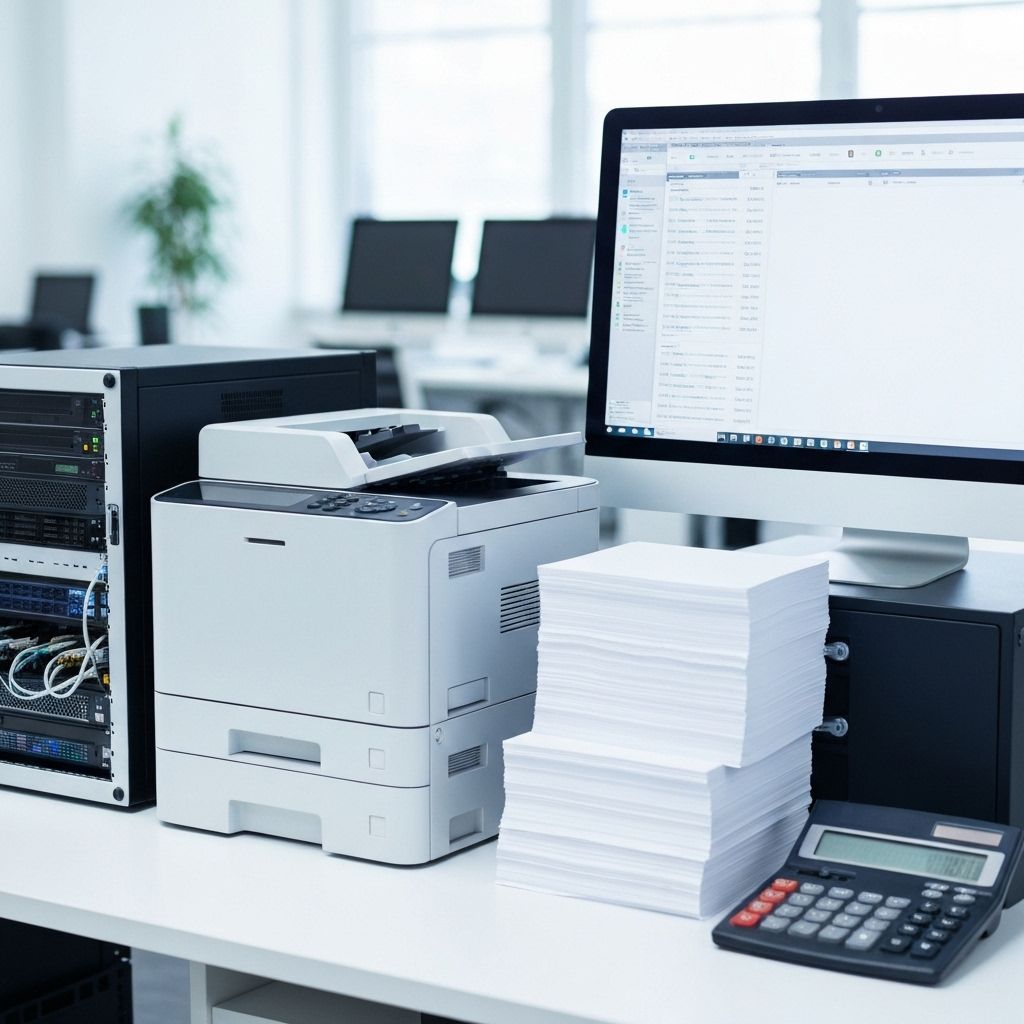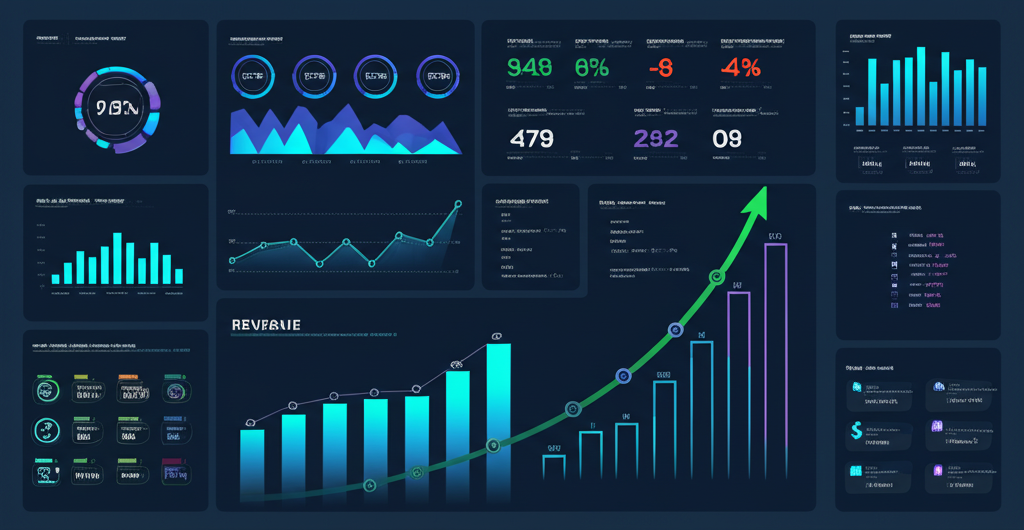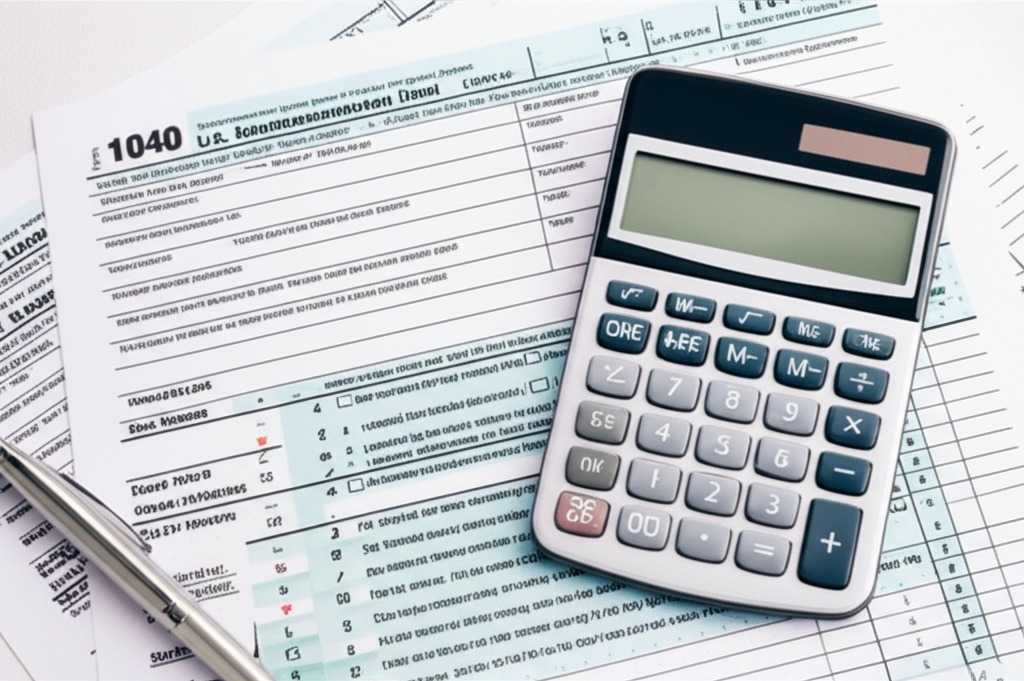Equipment Leasing vs. Buying: Which Is Right for Your Business?

One of the most important decisions business owners face is whether to lease or buy equipment. Both options have distinct advantages and considerations that can significantly impact your company's financial health and operational efficiency.
Understanding Equipment Leasing
Equipment leasing is essentially renting equipment for a specified period. You make regular payments to use the equipment but don't own it outright. At the end of the lease term, you typically have options to return the equipment, purchase it at fair market value, or upgrade to newer equipment.
Advantages of Leasing
- Lower upfront costs: Leasing requires minimal initial investment, preserving your working capital for other business needs.
- Tax benefits: Lease payments are often fully tax-deductible as business expenses.
- Flexibility: Easily upgrade to newer equipment when technology advances or your needs change.
- Maintenance included: Many leases include maintenance and repair services, reducing unexpected costs.
- Easier approval: Leasing typically has less stringent credit requirements than purchasing.
Disadvantages of Leasing
- No ownership: You don't build equity in the equipment.
- Long-term costs: Over time, leasing can cost more than purchasing outright.
- Contractual obligations: You're locked into payments for the lease term, even if your needs change.
- Restrictions: Lease agreements may limit how you can use or modify the equipment.
Understanding Equipment Purchasing
Buying equipment means you own it outright, either through a cash purchase or financing. You have complete control over the equipment and can use it as long as it remains functional and meets your needs.
Advantages of Buying
- Ownership and equity: The equipment becomes a business asset that appears on your balance sheet.
- Long-term savings: Once paid off, you have no ongoing equipment costs.
- Complete control: Use, modify, or sell the equipment as you see fit.
- Tax deductions: Depreciation and Section 179 deductions can provide significant tax benefits.
- No mileage or usage restrictions: Use the equipment as much as needed without penalties.
Disadvantages of Buying
- Higher upfront costs: Requires significant capital investment or financing.
- Depreciation: Equipment loses value over time, potentially becoming obsolete.
- Maintenance responsibility: You're responsible for all repairs and maintenance costs.
- Less flexibility: Upgrading requires selling old equipment and purchasing new.
Making the Right Choice
The decision between leasing and buying depends on several factors specific to your business:
Consider Leasing If:
- You need to preserve working capital
- The equipment becomes obsolete quickly
- You want predictable monthly expenses
- You prefer to upgrade equipment regularly
- You're a startup or growing business
Consider Buying If:
- You have sufficient capital or can secure favorable financing
- The equipment has a long useful life
- You want to build business assets
- You'll use the equipment heavily or for many years
- You want complete control and customization options
Conclusion
There's no one-size-fits-all answer to the leasing versus buying question. Carefully evaluate your business's financial situation, growth plans, and equipment needs. Consider consulting with a financial advisor or equipment financing specialist who can help you analyze the total cost of ownership and make the best decision for your specific circumstances.
Related Articles

10 Ways Equipment Financing Can Accelerate Your Business Growth
Discover how strategic equipment financing can help you scale faster, preserve capital, and stay competitive in today's market.
Read More
5 Signs Your Business Is Ready for Equipment Financing
Learn the key indicators that suggest it's the right time to invest in new equipment through financing options.
Read More
Understanding Section 179 Tax Deductions for Equipment
Discover how Section 179 can help your business save money on taxes when purchasing or leasing equipment.
Read MoreReady to Finance Your Equipment?
Get started with a free consultation and discover the best financing options for your business.